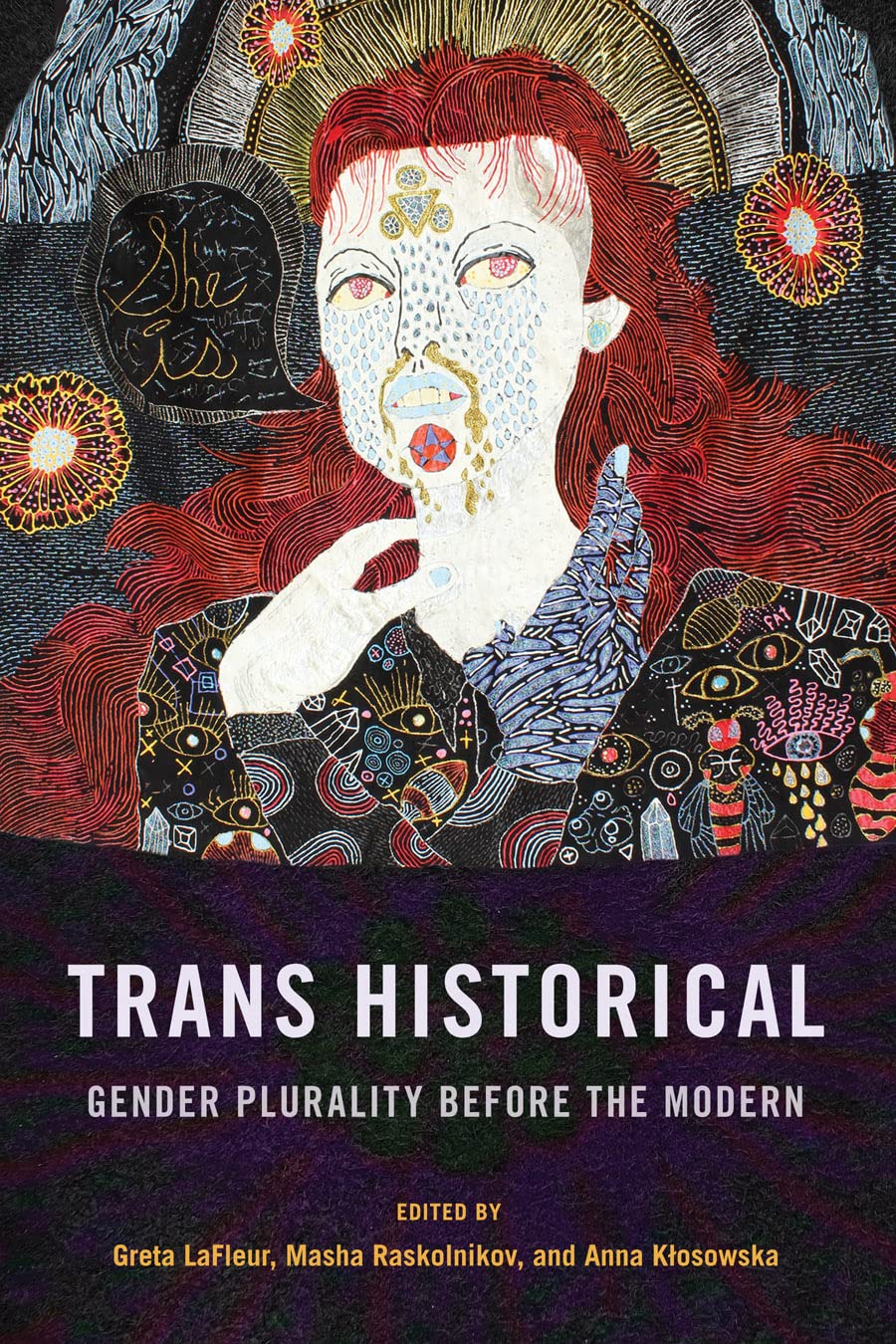

Most ebook files are in PDF format, so you can easily read them using various software such as Foxit Reader or directly on the Google Chrome browser.
Some ebook files are released by publishers in other formats such as .awz, .mobi, .epub, .fb2, etc. You may need to install specific software to read these formats on mobile/PC, such as Calibre.
Please read the tutorial at this link: https://ebookbell.com/faq
We offer FREE conversion to the popular formats you request; however, this may take some time. Therefore, right after payment, please email us, and we will try to provide the service as quickly as possible.
For some exceptional file formats or broken links (if any), please refrain from opening any disputes. Instead, email us first, and we will try to assist within a maximum of 6 hours.
EbookBell Team

0.0
0 reviewsTrans Historicalexplores the plurality of gender experiences that flourished before the modern era, from Late Antiquity to the eighteenth century, across a broad geographic range, from Spain to Poland and Byzantium to Boston. Refuting arguments that transgender people, experiences, and identities were non-existent or even impossible prior to the twentieth century, this volume focuses on archives―literary texts, trial transcripts, documents, and artifacts―that denaturalize gender as a category. The volume historicizes the many different social lives of sexual differentiation, exploring what gender might have been before modern medicine, the anatomical sciences, and the sedimentation of gender difference into its putatively binary form.
The volume's multidisciplinary group of contributors consider how individuals, communities, and states understood and enacted gender as a social experience distinct from the assignment of sex at birth. Alongside historical questions about the meaning of sexual differentiation, Trans Historical also offers a series of diverse meditations on how scholars of the medieval and early modern periods might approach gender nonconformity before the nineteenth-century emergence of the norm and the normal.
Contributors: Abdulhamit Arvas, University of Pennsylvania; Roland Betancourt, University of California, Irvine; M. W. Bychowski, Case Western Reserve University; Emma Campbell, Warwick University; Igor H. de Souza, Yale University; Leah DeVun, Rutgers University; Micah James Goodrich, University of Connecticut; Alexa Alice Joubin, George Washington University; Anna Kłosowska; Greta LaFleur; Scott Larson, University of Michigan, Ann Arbor; Kathleen Perry Long, Cornell University; Robert Mills, University College London; Masha Raskolnikov; Zrinka Stahuljak, UCLA.